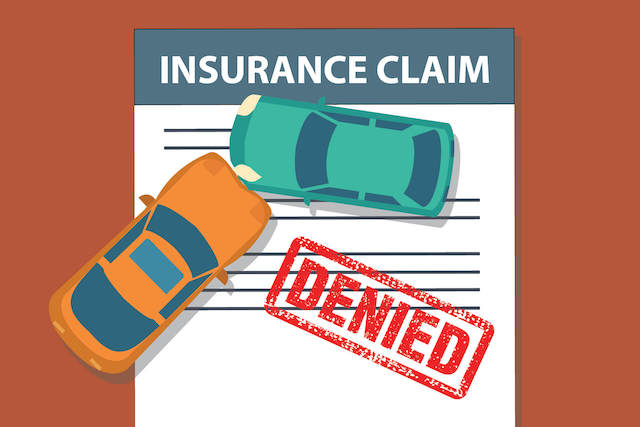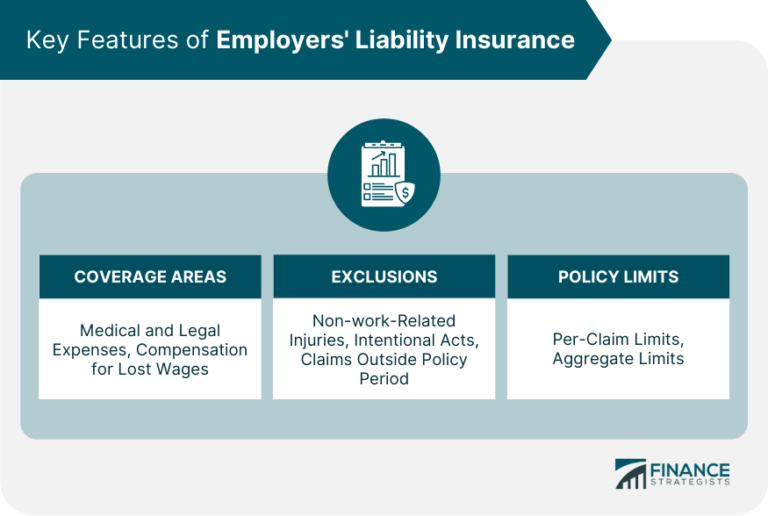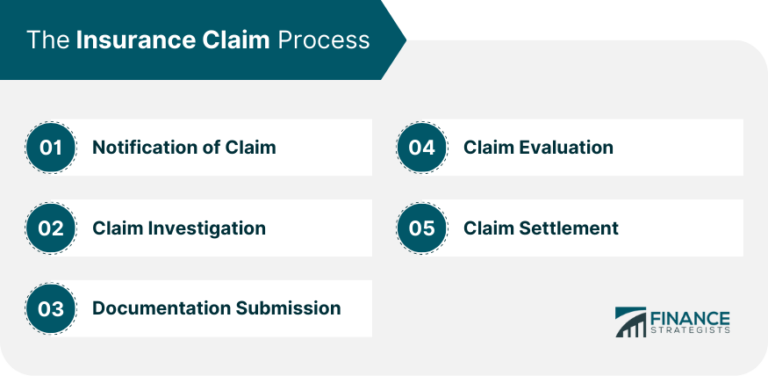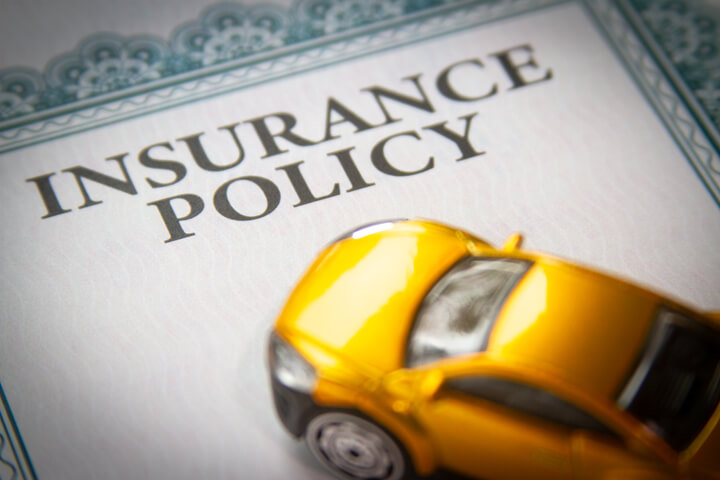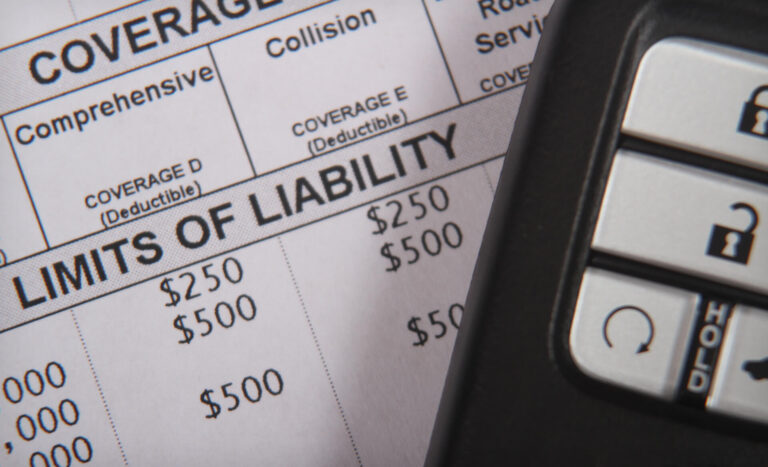
Dealing with Insurance Companies After a Personal Injury: A Comprehensive Guide
Navigating the aftermath of a personal injury can be overwhelming, especially when dealing with insurance companies. Insurance adjusters often aim to minimize payouts, which can make securing fair compensation challenging. Whether you’ve been injured in a car accident, slip and fall, or another incident, understanding how to handle insurance companies is crucial. This guide provides practical tips to help you protect your rights and maximize your settlement.
1. Understand How Insurance Companies Operate
Insurance companies are businesses focused on profit. Their goal is to settle claims for as little as possible while appearing fair. Recognizing their tactics can help you stay prepared during negotiations.
Common Insurance Tactics
- Delaying Claims: Prolonging the process to pressure you into accepting a lower settlement.
- Offering Quick, Lowball Settlements: Hoping you’ll accept before realizing the full extent of your injuries.
- Disputing Liability: Attempting to shift blame to reduce the payout.
- Requesting Excessive Documentation: Overwhelming claimants with paperwork to discourage persistence.
2. Document Everything from Day One
Strong documentation is essential for a successful insurance claim. Gathering evidence early ensures that your claim is well-supported.
Key Documents to Collect
- Medical Records: Keep all reports, bills, and prescriptions.
- Accident Reports: Obtain police reports, incident reports, and witness statements.
- Photographs & Videos: Capture injuries, property damage, and the accident scene.
- Communications with the Insurance Company: Keep copies of emails, letters, and notes from phone calls.
- Lost Wage Verification: Document time off work and how the injury has affected your earnings.
3. Be Cautious When Communicating with Adjusters
Insurance adjusters may seem friendly, but their job is to reduce payouts. Be mindful of what you say to avoid jeopardizing your claim.
Tips for Handling Insurance Adjusters
- Do Not Admit Fault: Stick to the facts and let investigations determine liability.
- Avoid Giving Recorded Statements: Anything you say can be used against you later.
- Limit Information About Your Injuries: Some symptoms may develop later, so avoid downplaying your condition.
- Consult an Attorney Before Accepting a Settlement: You may be entitled to more than the initial offer.
4. Calculate the Full Value of Your Claim
Before accepting any settlement, ensure that all damages—both immediate and long-term—are accounted for.
Types of Compensation
- Economic Damages: Medical expenses, lost wages, rehabilitation costs, and property damage.
- Non-Economic Damages: Pain and suffering, emotional distress, and loss of enjoyment of life.
- Future Damages: Ongoing medical care, reduced earning capacity, and long-term disability considerations.
Using a personal injury calculator or consulting a lawyer can help assess your claim’s full value.
5. Do Not Accept the First Settlement Offer
Insurance companies often start with a low offer to see if you’ll settle quickly. This amount is usually far below what you deserve.
Why You Should Wait
- Your medical condition may worsen over time.
- Initial offers rarely include compensation for pain and suffering.
- You may be entitled to reimbursement for future medical expenses.
Instead of rushing into a decision, review the offer carefully and negotiate for a fair settlement.
6. Negotiate with Confidence
Negotiation is a key part of dealing with insurance companies. Being prepared can significantly impact the outcome of your claim.
Effective Negotiation Strategies
- Know Your Worth: Understand the value of your claim and back it up with evidence.
- Be Professional & Persistent: Stay calm and assertive in discussions.
- Provide Documentation: Use medical records, receipts, and other evidence to justify your demand.
- Use a Demand Letter: Outline your damages and request a reasonable settlement amount.
7. Consider Hiring a Personal Injury Attorney
If negotiations become too difficult or the insurer refuses to offer a fair settlement, legal representation may be necessary.
Benefits of Hiring a Lawyer
- Handles Communications: Lawyers can negotiate with insurers on your behalf.
- Knows Legal Tactics: Attorneys understand how to counteract insurance company strategies.
- Can Take Your Case to Court: If negotiations fail, a lawsuit may be the next step.
Many personal injury attorneys work on a contingency basis, meaning they only get paid if you win.
8. Be Aware of Time Limits
Personal injury claims are subject to statutes of limitations, which vary by state. If you miss the deadline, you may lose your right to compensation.
General Statutes of Limitations
- Car Accidents: Typically 2-3 years from the date of the accident.
- Slip & Fall Cases: Often 2 years, but can vary.
- Medical Malpractice: Usually 2-4 years, depending on discovery of the injury.
Check your state’s laws or consult an attorney to ensure you file within the required timeframe.
9. Prepare for a Potential Legal Battle
If the insurance company refuses to negotiate fairly, you may need to take legal action.
Steps to Prepare for Litigation
- File a Lawsuit: A formal complaint initiates the legal process.
- Engage in Discovery: Both sides exchange evidence and take depositions.
- Consider Mediation or Arbitration: Alternative dispute resolution may help settle without trial.
- Proceed to Trial if Necessary: If a settlement isn’t reached, a judge or jury will determine the outcome.
10. Stay Organized & Keep Records
A well-documented case strengthens your claim and streamlines the process.
Organizational Tips
- Keep all medical bills and receipts in one place.
- Maintain a journal tracking your pain levels and recovery progress.
- Store all correspondence and claim-related documents securely.
- Follow up regularly on your claim’s status.
Conclusion
Dealing with insurance companies after a personal injury can be daunting, but being prepared can help you secure a fair settlement. By documenting everything, understanding insurance tactics, negotiating effectively, and seeking legal help when necessary, you can maximize your compensation. Remember, insurance companies prioritize their profits—your job is to advocate for your rights and ensure you receive the compensation you deserve.

